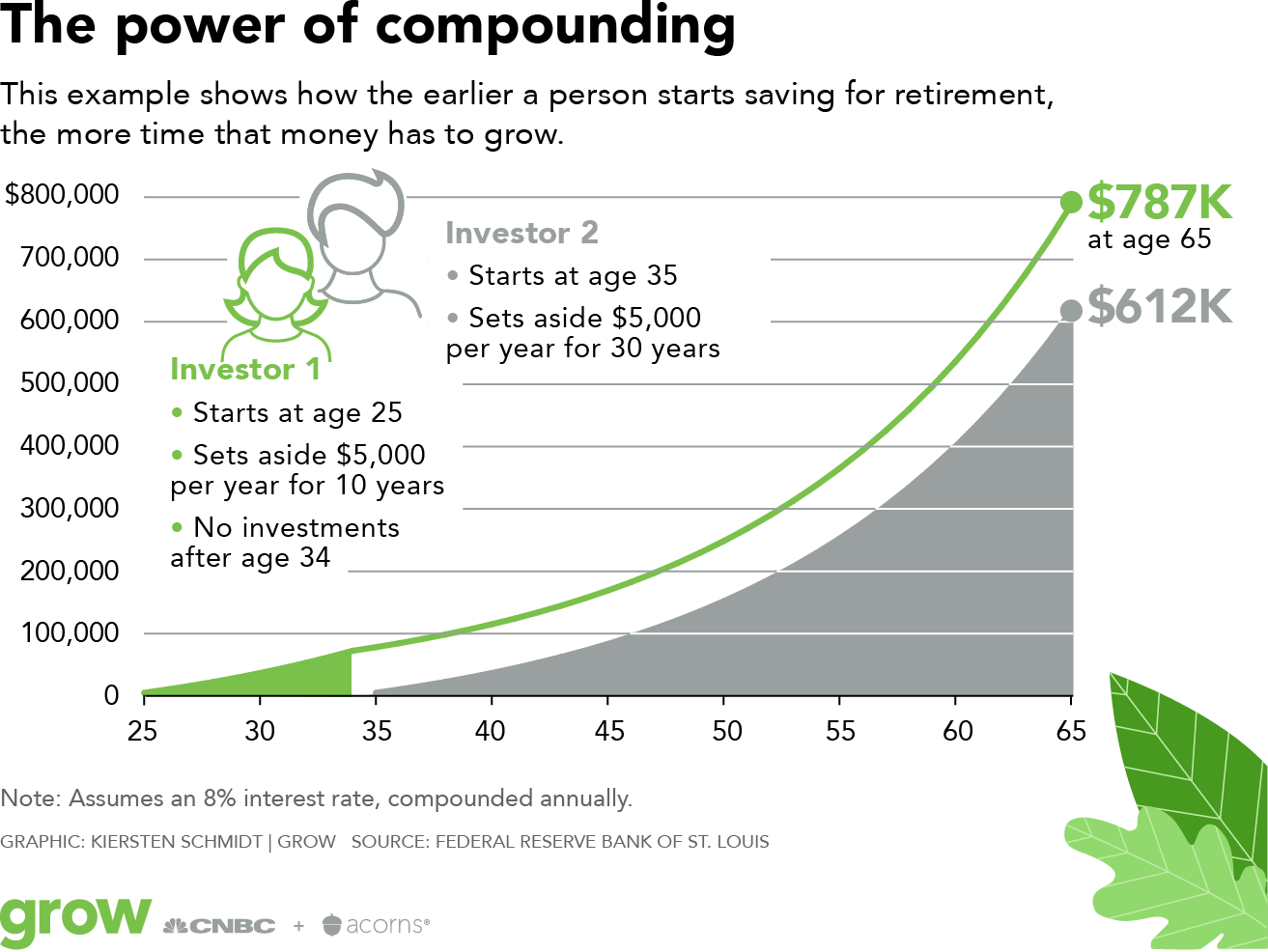If the idea of investing in the stock exchange frightens you, you are not alone. Individuals with very restricted experience in stock How Does Investing Work investing are either horrified by horror stories of the typical investor losing 50% of their portfolio valuefor example, in the two bearishness that have actually already occurred in this millennium or are seduced by "hot pointers" that bear the pledge of big rewards however rarely pay off.
The reality is that investing in the stock exchange carries risk, however when approached in a disciplined way, it is among the most efficient ways to develop up one's net worth. While the worth of one's home normally accounts for most of the net worth of the typical individual, most of the upscale and really rich generally have the majority of their wealth bought stocks.

Secret Takeaways Stocks, or shares of a company, represent ownership equity in the company, which provide shareholders voting rights as well as a residual claim on corporate profits in the kind of capital gains and dividends. Stock markets are where individual and institutional investors come together to buy and offer shares in a public venue.
For instance, a private or entity that owns 100,000 shares of a company with one million exceptional shares would have a 10% ownership stake in it. Most companies have exceptional shares that run into the millions or billions. Common and Preferred Stock While there are 2 main types of stockcommon and preferredthe term "equities" is associated with typical shares, as their combined market worth and trading volumes are many magnitudes bigger than that of preferred shares.
Preferred shares are so called since they have preference over the typical shares in a business to get dividends along with possessions in case of a liquidation. Common stock can be additional categorized in terms of their voting rights. While the basic facility of common shares is that they should have equivalent ballot rightsone vote per share heldsome companies have dual or multiple classes of stock with different voting rights attached to each class.